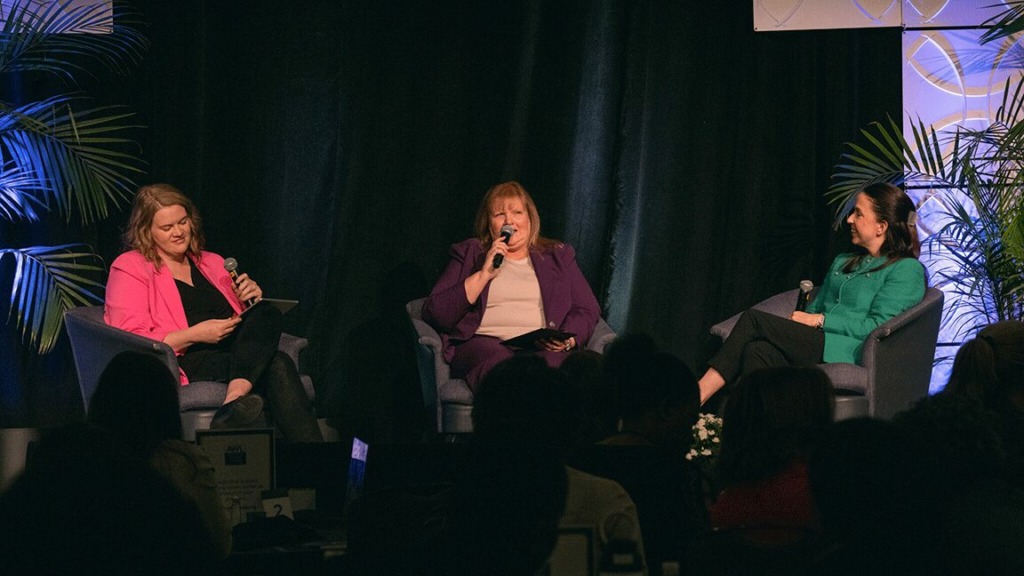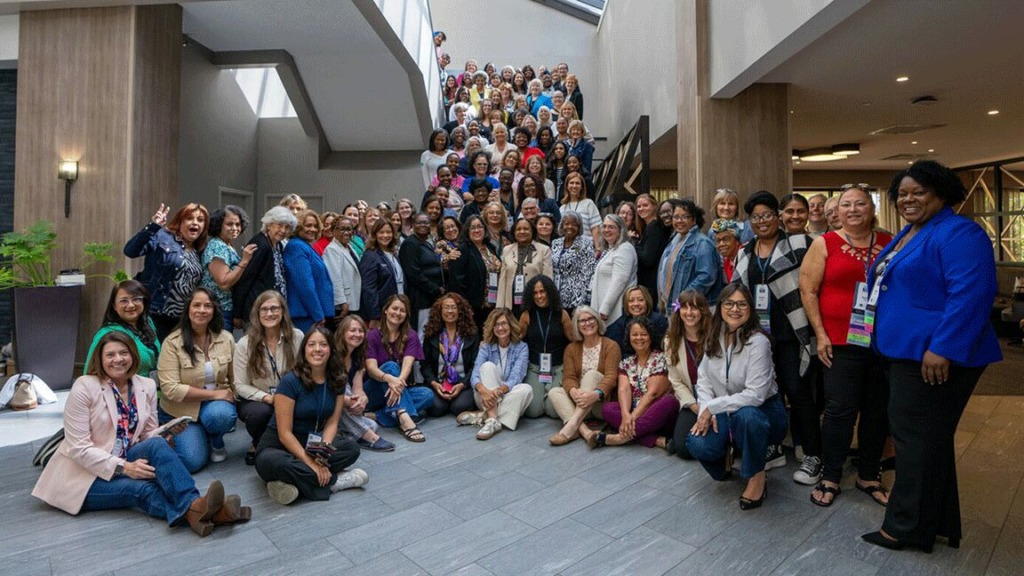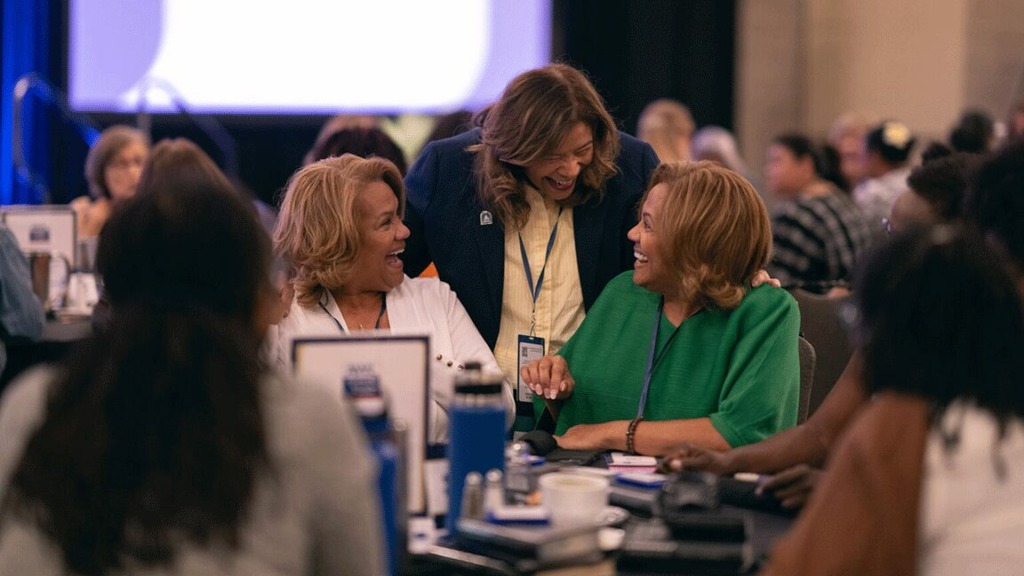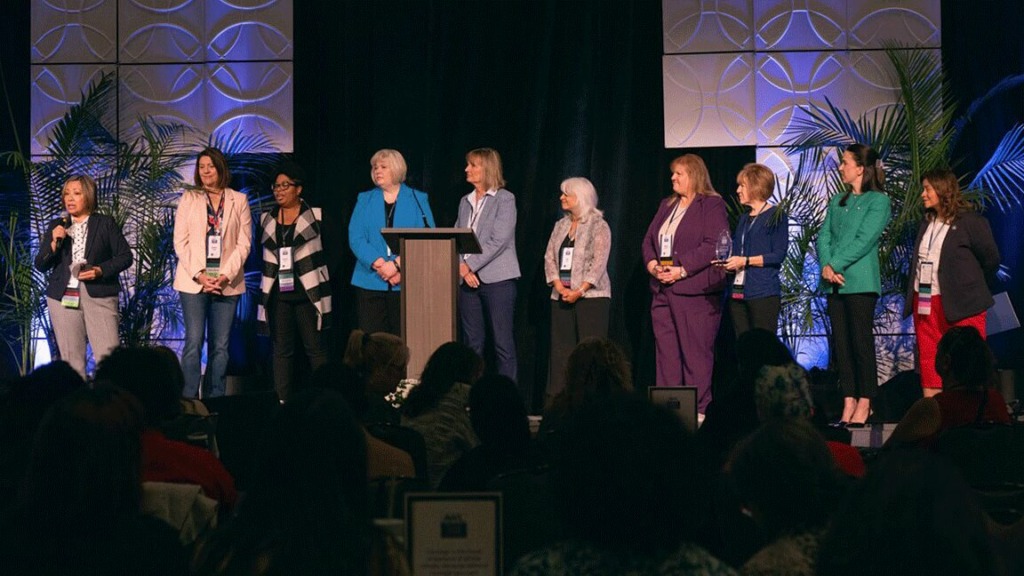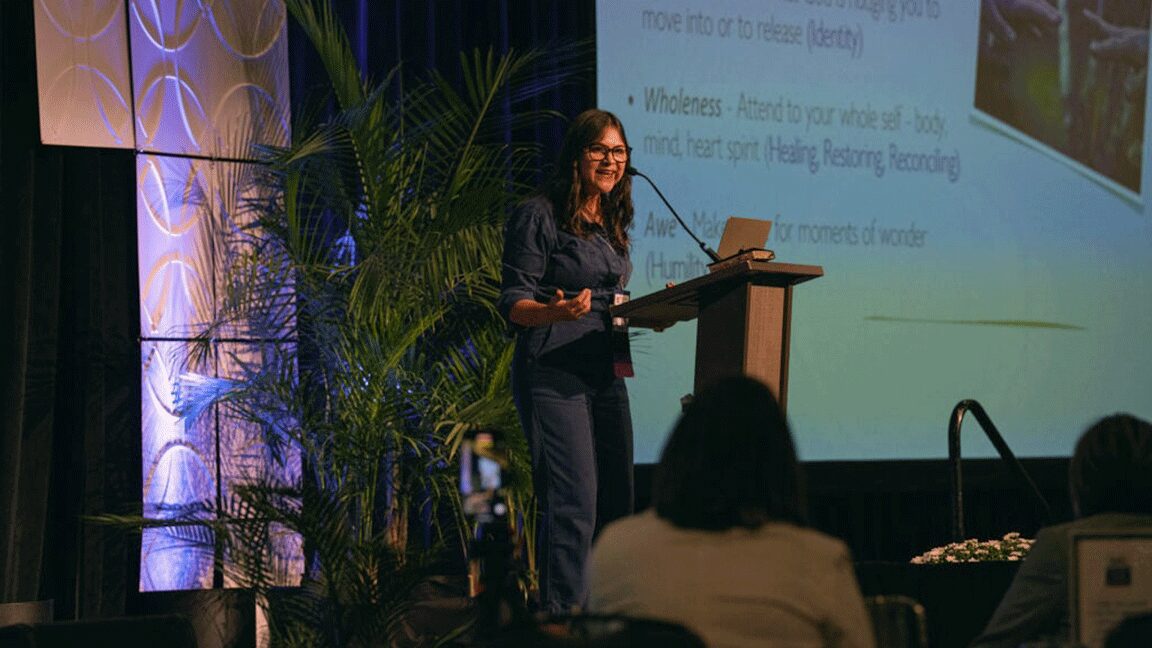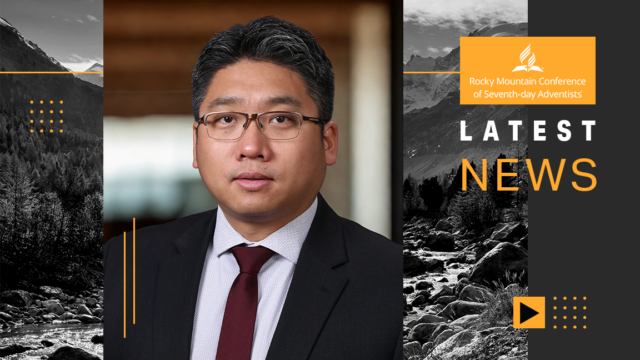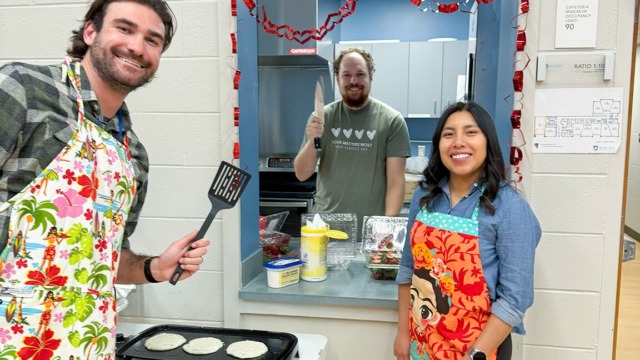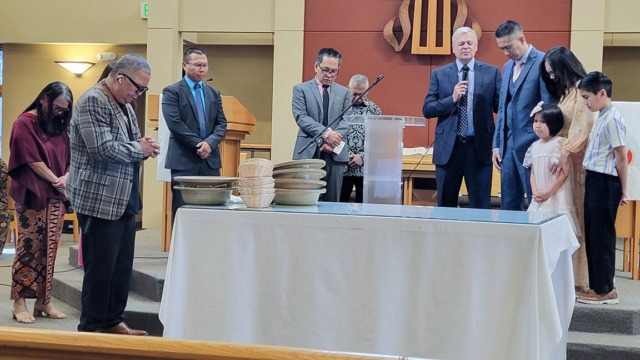Liz Kirkland – Denver, Colorado … At a time when women leaders are navigating increasing demands in all aspects of life, Adventist Women Leaders (AWL), an initiative of the North American Division of Seventh-day Adventists (NAD), created a space for renewal at their 2025 conference “Soul Care for Women Leaders,” held September 7-8, in Denver, Colorado.
Roughly 100 women from across the NAD, from as far as the Territory of Guam, gathered to focus on spiritual grounding, leadership resilience, and holistic growth. It wasn’t just another leadership summit but a space to find rest, strength, and wisdom to lead with clarity and confidence.
NAD women leaders of note in attendance were DeeAnn Bragaw, director of Women’s Ministries, Wendy Eberhardt, vice president for Ministries, Judy Glass, chief financial officer, and Bonita Shields, associate secretary for the Secretariat.
The evening program’s keynote speaker was Yami Bazan, an experienced educator, minister, and administrator currently serving as the president of Union Adventist University. She prompted attendees to notice every breath as a gift in a world demanding endless productivity.
“Every breath you take is the Creator breathing it into you,” Bazan affirmed, weaving together the paradox of strength and frailty for women in leadership — that leading with both is acknowledging humanity while staying open to the Spirit’s shaping. She emphasized that healing and realignment can begin in this place of openness. Moreover, leaders do not carry the weight of the world alone—God does.
At the heart of Bazan’s message was soul care: “To care for the soul is the sacred art of paying attention.” She noted that the soul is not a fragment of who we are but the wholeness of our being as created by God. “When we do not pay attention to our being, we do not pay attention to each other,” she stated. Bazan also cautioned attendees on the dangers of always saying “yes,” a relatable habit and cultural expectation that plagues the effectiveness of many women leaders. She urged them to truthfully evaluate if their intentions in doing this were truly for God or for themselves.
Drawing from theology, neurosciences, and even physical sciences, Bazan framed soul care as both deeply spiritual and profoundly practical. She provided simple, tangible invitations to reshape daily life, starting with pausing and dwelling honestly in God’s presence. She urged attendees to stay attentive: to notice what God is “nudging” them toward, to discern what to release, and to care for the wholeness of their being, including body, mind, heart, and spirit. Closing with awe, or making space for moments of wonder, these lessons served as a reminder that the most enduring leadership begins with the soul.
Newly appointed vice president of AWL, Janet Ledesma, associate dean and professor in the School of Leadership at Andrews University, opened the morning session with a devotional, reinforcing attendees’ call from God with illustrations of women in the Bible who also headed the call, namely Deborah, Esther, Mary, the Samaritan woman, and Moses’ sister Miriam. “Are you willing to be called by God and have a passionate heart for Him, embracing His calling? When we trust God, impossibilities in our lives become possibilities. Walk with the people He has asked you to serve. He has not called you to a profession, He has called you to be a leader.”
The program took a brief pause to bring current AWL committee members on stage for acknowledgement and to honor Celeste Ryan Blyden, AWL’s founder and first president, for her service to the initiative, although she was unable to attend the event due to prior obligations.
A reflective and sincere discussion on mentoring followed, with panelists including Eberhardt, Gina Creek, chief people officer for the Mid-America Region of AdventHealth, and Emily Brousson, former director of Undergraduate Leadership Development and adjunct faculty at Andrews University. Eberhardt mentored Creek and Brousson prior to and early in their careers. They both praised Eberhardt for her calm demeanor, courage to have tough conversations, and, as Creek said, “Her ability to extract the best out of the people around her.”
The discussion continued exploring the traits of valued past mentors, from patience to awareness to vulnerability, and providing the appropriate space for mentees to struggle and grow. The panel also delved into some of the barriers and challenges of mentoring. “I think one of the biggest barriers that women face is we have a tendency to think we have to do it on our own. We face so much pressure to perform at such a high level just to keep up with our colleagues and counterparts that it leads us to self-isolation in leadership,” shared Creek.
The final challenge from the panel came from Brousson: “If you are not currently in a mentoring relationship, think today as you leave about who that person might possibly be. Make a short list and just ask. And, on the flip side, look for opportunities to develop others and see what potential there is to grow in those beautiful relationships.”
Closing the program was Denise Crarey, a licensed clinical professional counselor and doctoral candidate who leads Outpatient Behavioral Health for University of Maryland Capital Region Health. She led by reflecting on her 20 years of women’s ministry in the Washington, D.C. area, referencing an NAD study on the mental health of clergy. “It’s not good. Our pastors are broken and they are not well — they look like they are, but they are not well,” she said.
She turned the conversation to the crowd, asking, “How are you doing? [There is a] sacred tension between vulnerability and visibility. People rely on you for answers when you may have questions about your own value, worth, and faith. You may have questions about your calling and life balance. Today, I bring a pause — permission for a sacred recalibration. It isn’t about producing more but becoming whole. It is leading from the well.” She used the metaphor of a well throughout her session as a source of life, restoration, and community, a powerful illustration of one’s emotional and spiritual reserves.
Crarey called to attention that many women in leadership are “parched,” pouring into others while their own reserves are dry. Crarey described it vividly: “Pouring while parched is leading, serving, and giving when your soul is empty. It is showing up for everyone else, quietly starving inside. It is leadership without replenishment.” She reminded the audience that Jesus never asks leaders to operate from exhaustion, extending a restorative invitation to “Come unto me, all you who are weary and burdened, and I will give you rest” (Matthew 11:28, AMP). Crarey challenged the attendees to embrace practices that nurture the soul, like Scripture meditation, prayer before decisions, sacred pauses, and Sabbath rest.
Drawing on biblical metaphors and modern research, Crarey showed a sustainable path from parched leadership to overflow, stating, “Overflow is being in alignment where you can give without being drained.” Referencing inspiration from the Samaritan woman at the well, she underscored that authentic leadership flows from the abundance God provides, rather than the scarcity of one’s own reserves. “To lead from overflow is to lead in that promise — not drained by duties but fulfilled by God; not empty from pouring while parched but replenished by the living water that never runs dry.”
In post-conference remarks, AWL president Ann Roda, vice president, Mission Integration and Spiritual Care for Adventist HealthCare, reinforced the importance of soul care in leadership. “When you’re a leader, it’s easy to pour yourself out for others and forget to refill your own cup. Staying connected with other women in leadership and making time for restoration are so important. It’s not just about avoiding burnout. When we take care of ourselves, we lead from a place of wholeness, not exhaustion. Caring for ourselves is part of living out our faith — it’s a way of saying yes to God’s invitation to be well and to lead well.”
Brenda Dickerson, AWL committee member and Communication associate director of the Mid-American Union Conference, remarked on the organization’s growth and the impact of the symposium. “Having been involved with AWL since 2018, I am overjoyed to see how the organization has developed over the years and has achieved so many of its initial goals,” she stated. “This recent symposium, themed around soul care, has given women the opportunity to … strengthen their leadership by adopting the principles and practices our keynote speakers presented. In addition, those looking for a mentor … can look forward to the coming AWL initiative that aims to pair mentors and mentees.”
Participants of both the AWL Conference and the Passionate Leader Summit, held at the same venue September 4-6, also noted the value of these spaces for renewal and equipping. “The Passionate Leader and Soul Care women’s meetings were relevant, engaging, and enriching! Women from many places and callings came together and left better equipped to serve, mentor, and grow as daughters of God,” shared Audrey Folkenberg, director of Stewardship, Planned Giving and Trust Services for the Southern New England Conference.
Learn more about Adventist Women Leaders at www.adventistwomenleaders.com.
—Liz Kirkland is the Rocky Mountain Conference communication director. Republished with permission from NAD News September 24, 2025, article. Photos by Pieter Damsteegt.
